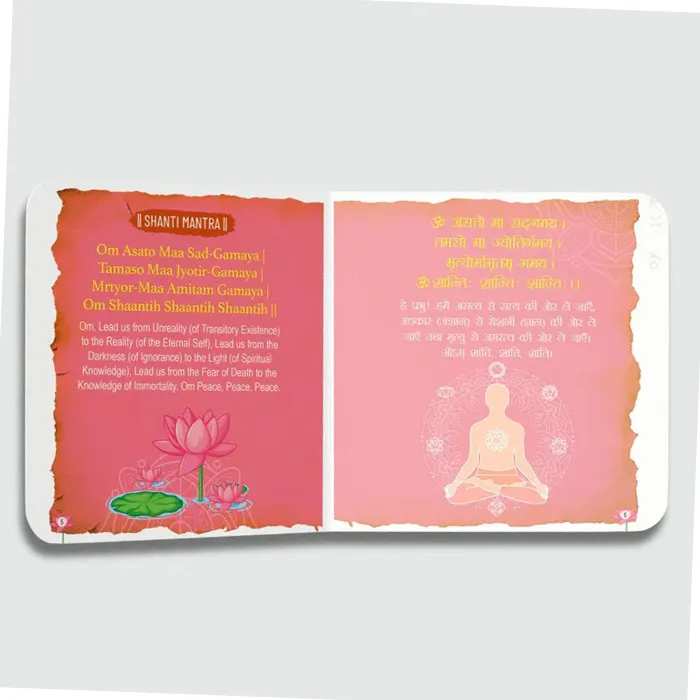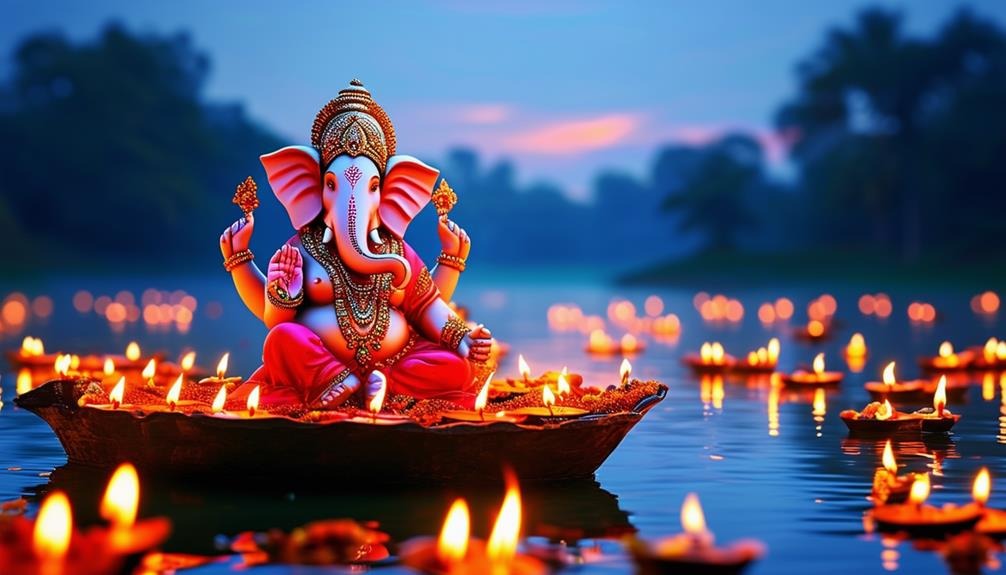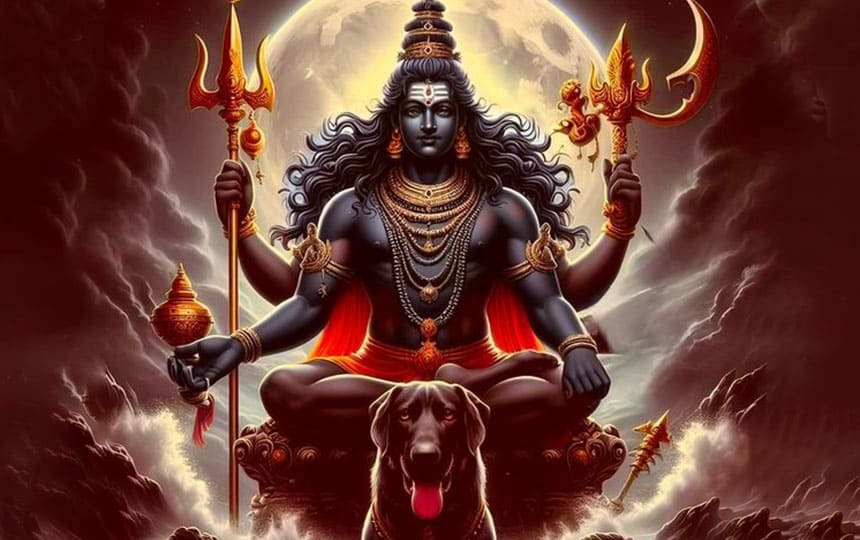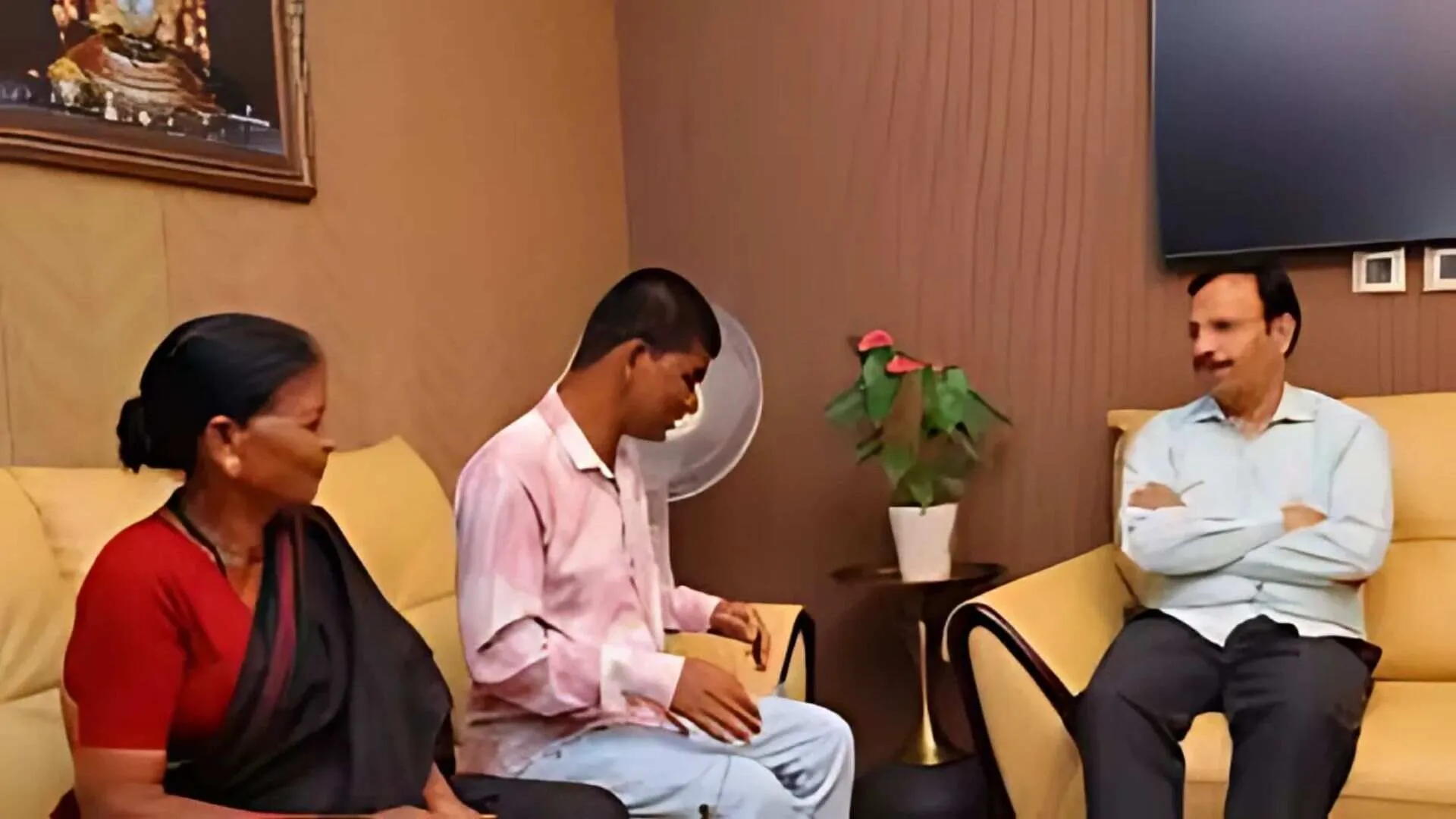Dispassion or vairagya is one of the pillars of the highest knowledge. Dispassion is not apathy. Often, we think of dispassion as being totally unenthusiastic, depressed or not interested in anything. This is not . Dispassion is a lack of feverishness.
Dispassion does not take the joy away from you. Dispassion gives you joy that nothing else can give you. There is a verse in Shankaracharya’s composition Bhaja Govindam, “Kasya sukham na karoti viragaha?” which means “What pleasure cannot be given by dispassion? It gives all the pleasures because you are so totally in the moment.”
Dispassion does not divide you. In fact, it connects you to the present moment totally. When you are not dispassionate, you are linked to the past or future. So, you are not connected to the present. Therefore you are more divided.
When your mind is expecting something in the future or regretting the past, you are not in the moment. But when you are centred, you are totally in the moment. So when you are eating, you can enjoy every bite. Every look, every sight is fresh and new. Your love is like the first love. You look at everything like it is the first time.
The term ‘dispassion’ can also be misunderstood and appear so dry. People who are melancholic or sad think that they are being dispassionate. They run away from the world and say that they have renounced it. That is not renunciation.
Dispassion is something more precious, refined and more valuable in life. There are several types of dispassion. You are dispassionate because you realize the misery in the world. The events in life — the pain, the suffering one experience’s or sees — brings dispassion.
The second type of dispassion is born out of the desire to reach something higher. Some consider dispassion as a path to enlightenment. If you renounce something here you gain something out there. Those who are seeking enlightenment practice austerities and take vows for a better place in heaven.
The third type of dispassion comes out of wisdom or knowledge. A broader understanding of the transient nature of things brings a state of non-attachment to any events, objects, people or situations, that lets you remain calm and unperturbed.
Here is a story. When Alexander the Great left for India, people had told him, “If you find sanyasis there, just catch hold of them and bring them back here. They are very precious in India.” So Alexander sent word but nobody would come forward. He then sent a message threatening them: “If you don’t come, I am going chop off your heads.”
They still did not come. He threatened them further: “I am going to take away your books, the four Vedas. I’ll take all you have and your scriptures.”
The people said they would give him all the books the next evening. The pundits then called their children and made them memorise the script all night. They then took the manuscripts to Alexander and said, “You can take them, we do not need them.”
When Alexander finally came face to face with the ‘sanyasis’, he threatened to cut off their heads. The sanyasis told him he was free to do as he pleased. Alexander could not look into their eyes. He could not tolerate the power of dispassion. For the first time, he had met someone who did not care for the emperor.
When Alexander came to India, some people presented him with a plate of gold bread. He told them he was hungry but they had told him since he was an emperor he could not eat wheat bread. He told them he was starving and wanted bread. To which the people said: “Don’t you get bread in your country? Are you going all over and trying to conquer the world just to eat the same bread we are eating?” The statement shook Alexander’s world. It made him realise that what they were saying was the truth. He thought to himself: “What is the point of conquering the world? When all you want is happiness and peace.” Legend has it, Alexander then proclaimed: “When I die, leave my hands open. Let people know that Alexander, who thought he had taken everything is leaving the world with nothing.”
Dispassion is the strength in you. When you are centred and calm, you can understand that everyone who has come to this world has come to give something to this world. We have nothing to take from here.
Gurudev Sri Sri Ravi Shankar is a humanitarian leader, spiritual teacher and an ambassador of peace.













